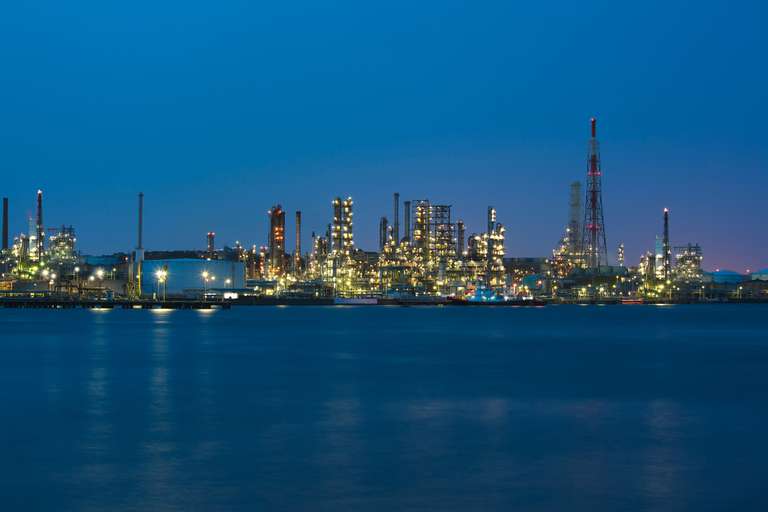Cracking and continuous processes in petrochemistry

From double seals to high-end metal expansion joints for cracking plants: We offer reliable sealing technology.
The most important petrochemical process is steam cracking, in which ethane, LPG, naphtha, Hydrowax, gasoil, and additional carbons are cracked in the presence of steam at extremely short retention times and temperatures of +800 °C … +850 °C (+1,472 °F … +1,562 °F).
The gaseous phase of steam cracker products contains ethylene, propylene, the C4-fraction (butane, iso-butene, and 1,3-butadiene), as well as isoprene. The liquid phase consists of aromatic compounds (benzene, toluene, xylene), and is also used as pyrolysis gasoline.
These are basic chemical raw materials for numerous plastics, and other end products. Very large production volumes are processed in suitably-sized plants. Absorption, adsorption, rectification and distillation are part of the steam cracking procedure.
The decisive criterion here is maximum reliability and availability of the plant components involved. The system components must be able to run for long periods without interruptions. Steam cracking is dominated by extremely high temperatures and pressures. During the subsequent processes hazardous, aggressive and corrosive media must be controlled securely.
